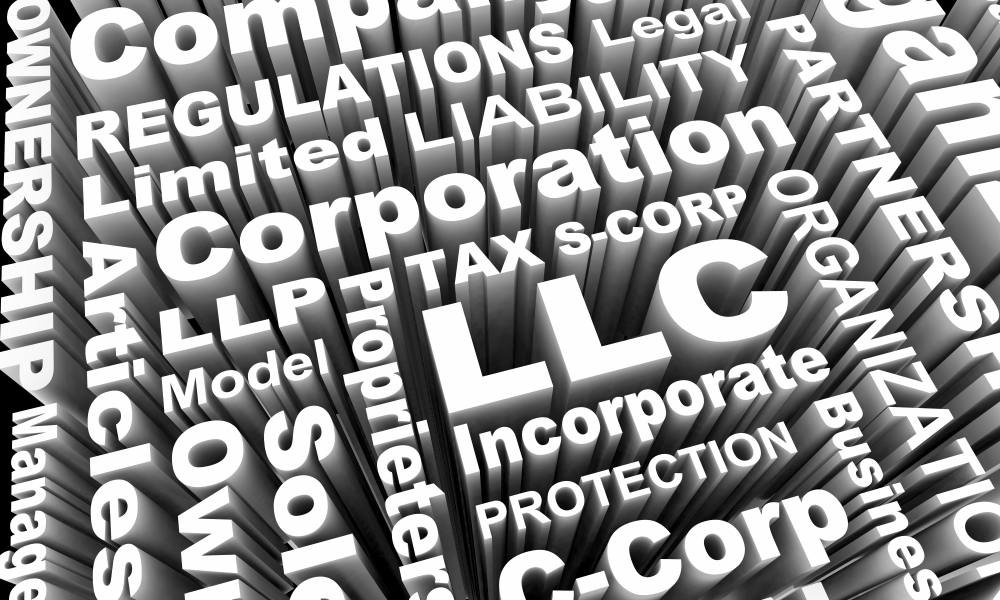If you have been thinking of starting a retail business, the prospects are quite good. The retail industry is expected to grow by 3.8% in 2022.
However, starting a retail business has its own challenges. From picking the right location for your store to choosing the correct business entity, there are several important decisions you need to make.
You have to understand the various factors that make a retail business successful. One of the most important things to consider is the business structure. In this post we will help you pick out the right business entity for your retail business.
Let’s dive in.
1. Sole Proprietorship
If you are a beginner and are looking for a simple structure, Sole Proprietorship may be the right choice for you. The Tax Foundation reports that 73.1% of businesses are sole proprietorships, including most retailers. There are many reasons that this business structure is so popular. This entity is perfect for people who want to start a retail business on a small scale.
Some of the benefits of Sole Proprietorship are:
Also Read
- Requires very little paperwork
- No corporate taxes
- The income of your business is considered your personal income
The drawbacks are:
- Personal assets are at risk
- Not suitable for opening multiple stores
The reason sole proprietorships tend to be best is that they are taxed at lower rates (since you only pay taxes as an owner rather than dealing with double taxation) and deal with fewer paperwork headaches. However, you need to deal with more legal issues since you face more liability as an owner.
2. Limited Liability Corporation (LLC)
If you don’t want to put your personal assets at risk, then you may consider incorporating your retail business as an LLC.
The best state for LLC formation is the one that you live in because it is easy to get started as you already have a physical address in the state.
The advantages of LLCs include:
- Your personal assets are protected from business liability
- Profits or losses are passed on as your personal income
- No corporate taxes
The drawbacks are:
- Requires more paperwork than a Sole Proprietorship
- You have to pay self-employment tax, and in some states, an LLC tax
- Not suitable if you want to offer shares to your employees
3. Corporations
Like an LLC, Corporations also make your retail business a separate business entity. They are the most well-structured business entity for retail businesses.
Some of the advantages include:
- Best liability protection
- Ideal for retail businesses with multiple storefronts
- Best for franchise creation
- Going public is a lot easier
- Securing funds is easier than other entities
The disadvantages include:
- Complicated formation process
- Requires lots of paperwork
- High corporate taxes (the current federal tax rate is 21% although it used to be 38%)
As you can see, there are many benefits and drawbacks of organizing your retail business as a corporation. You will need to put some long and hard thought into this decision, because it could make or break your business.
Which Business Entity is Best for You?
The right business entity depends on your business goals. If you are just starting out on a small scale, Sole Proprietorship or an LLC is right for you. However, if you want to scale your business in the future, you may want to choose Corporations.
Want more information about the best entities for your retail business? Check out this infographic by GovDocFiling below.
